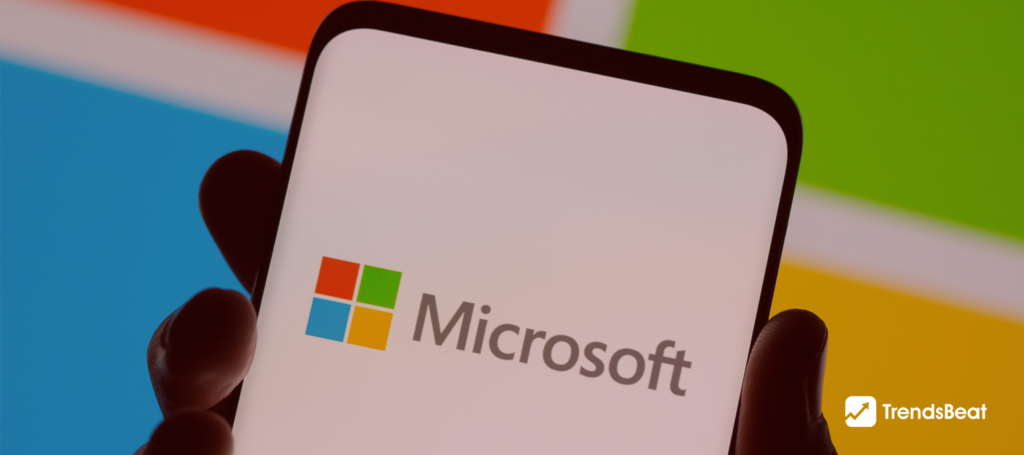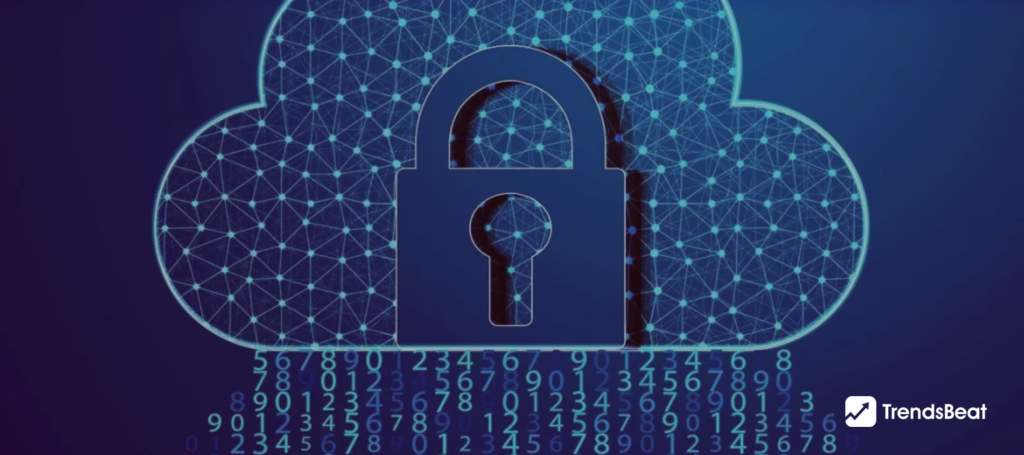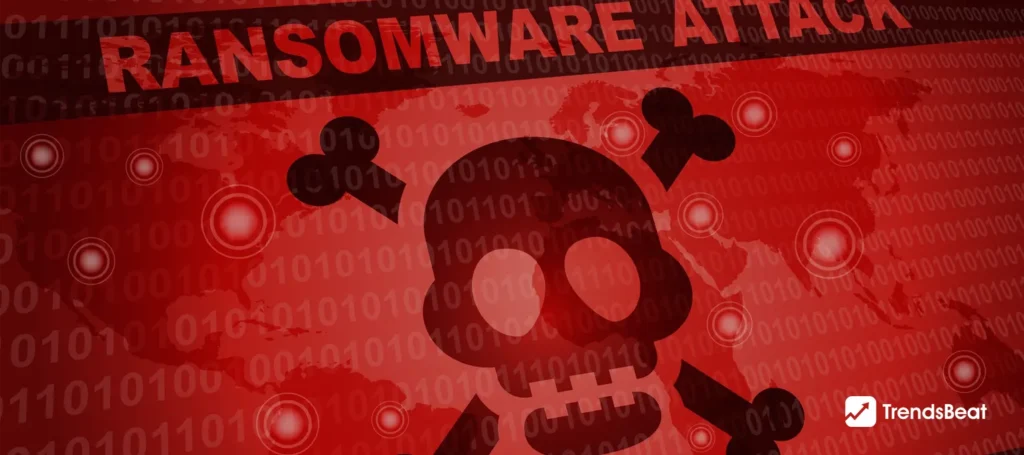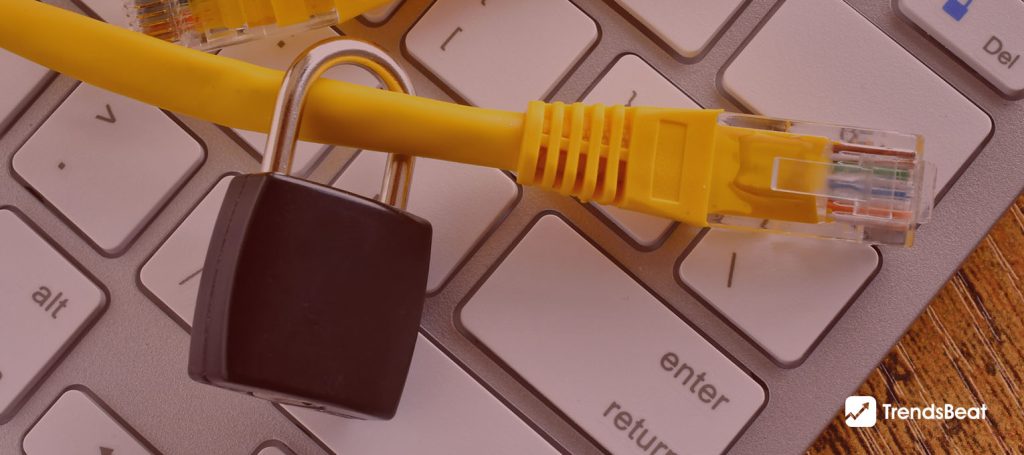Data Breach Alert: Hackers Steal Customer Information From JD Sports

High-end sportswear retailer JD Sports reported on 30th January 2023 that it had been the target of a significant cyberattack that allowed hackers unrestricted access to customer data. More than 10 million consumers were impacted by a data breach claimed by British sportswear retailer JD Sports. A hostile party obtained unauthorized access to a system that contained customer data related to orders placed between November 2018 and October 2020, the store stated on January 30. The business asserted that the issue, which impacted a small number of online orders done by customers, was specifically related to purchases of the business’ sub-brands, including JD, Millets, Blacks, Scotts, and Millets Sport.
According to the business, “about 10 million unique customers'” names, billing and delivery addresses, phone numbers, order information, and the last four digits of their credit cards were among the data that hackers may have obtained. The company “has no reason to suspect that account credentials were accessed,” according to JD Sports, and the “affected data is restricted” as a result of the fact that it did not keep all payment information.
In a statement, JD Sports stated that it has taken the “required immediate steps” to look into the situation, respond to it, and cooperate with cybersecurity professionals. The company also advised customers to be on the watch for potential fraud and phishing attacks and “be on the lookout for any strange or odd messages purporting to be from JD Sports or any of our group brands.”
What Are The Potential Consequences For Customers Whose Information Was Compromised In The JD Sports Data Breach?
When one or more people have access to data they are not supposed to, it constitutes a data breach. Once they have the ability to read the data, they can take it and frequently alter it. Depending on the type of data involved, the implications may include database damage or loss, the revealing of personal information, the theft of intellectual property, and legal duties to notify and possibly compensate those affected. While Lior Yaari, CEO of Grip Security, points out that disclosing the breach to the public and prospective threat actors is the right thing to do for the retailer, doing so without first resetting account passwords could in and of itself draw unfavorable attention.

According to Chris Denbigh-White, security strategist at data protection company Next DLP, businesses like JD Sports should refrain from downplaying the significance of a compromise of client data. Denbigh-White made a comment to Dark Reading in which she said, “In JD Sports’ news release, the corporation took considerable steps to convince customers that the extent of possibly compromised information was ‘minimal’.” “To a consumer, this disclosure of personal information, which cannot be rectified, is not insignificant and is likely to prompt more phishing and fraud efforts,” the statement reads.
What Steps Can Online Shoppers Take To Protect Their Personal And Financial Information From Cybercriminals?
Don’t Use Public Wifi
Free Wi-Fi hotspots may be found almost anywhere you go, including your neighborhood coffee shop, bookstore, restaurant, and shopping. Please use the network on your mobile rather than a public Wi-Fi hotspot if you are buying online while you are out and about. Turning down your phone’s Wi-Fi signal and using your mobile network when traveling are two ways to avoid unintentionally connecting to other networks. Using your network provider, such as AT&T, Verizon, etc., would be ensured by doing this.
Keep Your Mobile Devices Safe
Malware is created with the intention of seriously harming data and systems or breaking into a network without authorization. Make sure your mobile devices are secure if you use them for shopping or banking transactions.
Make Sure The Websites You Are Purchasing From Have An SSL Certificate
If the website you are visiting begins with http rather than https, it is not secure. Users can be forwarded to https when an SSL Certificate is properly installed on a website. The lack of this security element on a website makes it easier for malevolent cybercriminals to steal users’ financial and personal information.

Make Sure Your Device Is Updated
Cybercriminals are constantly searching for new software flaws. By keeping your mobile devices updated, you can stop criminal actors from taking advantage of flaws in outdated software.
How Can Individuals Strengthen Their Password Protection To Prevent Data Breaches Like The One Experienced By JD Sports?
Increasing password security is a crucial step people may take to protect their personal information and stop data breaches. The following advice will help people make their password protection stronger:
- Enable multi-factor authentication (MFA) to increase the security of your accounts by requiring a second form of identification in addition to your passwords, such as a fingerprint, a text message code, or a hardware token. Even if your password is stolen, this can greatly limit the risk of unauthorized access.
- Avoid using passwords that are simple to guess. Use lengthy, complicated passwords that are made up of a combination of uppercase, lowercase, numbers, and special characters instead. Use less widely known words, phrases, or recognizable patterns. To avoid numerous accounts from being compromised by a single data leak, use a distinct password for each online account.
- Never divulge your passwords to anyone, not even your close friends, relatives, or coworkers. Passwords should not be written down or kept in places where they are easily accessible, such as sticky notes on your desk. Instead, manage and store your credentials safely by using a password manager.
- Update passwords frequently: Set a reminder to change your passwords frequently, at least once every 90 days, or as soon as you suspect a security compromise. Refrain from using the same password for many accounts and do not reuse previous passwords.
- Use password recovery options with caution: A password’s security may be compromised by password recovery methods like security questions or email confirmation. If at all feasible, use a different email address or phone number to reset your password and select unusual, challenging-to-guess answers for your security questions.
- Keep an eye out for phishing attacks: Be wary of attackers who try to fool you into disclosing your password by using phony emails, websites, or texts. Before inputting your password or personal information on a website or in an email, always confirm the legitimacy of the source.
- Update software and equipment: Use the most recent security updates to keep your operating system, web browsers, and software programs up to date. This assists in defending against vulnerabilities that are known to exist and may be used to access your accounts without authorization.
- Individuals may greatly improve their password security and lower their chance of data breaches like the one JD Sports experienced by adhering to these best practices. Prioritizing cybersecurity and taking proactive steps to protect user-information online is crucial.















































































![Essential-Cybersecurity-Tips-for-Small-Businesses-[Protect-Your-Data]-TrendsBeat](https://trendsbeat.com/wp-content/uploads/2023/05/Essential-Cybersecurity-Tips-for-Small-Businesses-Protect-Your-Data-feature-image-template-1024x455.jpg)


















![Top Fitness Trends & Workout Routines to Follow [Stay Fit, Stay Healthy]](https://trendsbeat.com/wp-content/uploads/2023/04/feature-image-Top-Fitness-Trends-Workout-Routines-to-Follow-Stay-Fit-Stay-Healthy-1024x455.jpg)










![[Weight Loss Medication Health Effects] Side Effects and Best Advice](https://trendsbeat.com/wp-content/uploads/2023/04/feature-image-Weight-Loss-Medication-Health-Effects-Side-Effects-and-Best-Advice-1024x455.jpg)



